Thalia Huynh

Data professional with 8+ years of public health and medical research experience looking to use data for social good.
💻 Languages: Python, R, SAS, SQL
🎓 Education:
Statistics, MS | CSU East Bay
Microbiology, BS | UC Davis
📍 Location: Bay Area, California
😄 Hobbies: photography, working out, reading, hiking, snowboarding
View My LinkedIn Profile
View My Medium Blog
Portfolio
Predicting Depression Using NLP
Depression is a mood disorder that affects almost 1 in 10 Americans each year, with teens and young adults being the most affected groups (US News, 2022). Though it has reached epidemic levels, there is still no universal method of consistently screening and many caregivers such as parents, teachers, and coaches have little, if any, training in detecting signs of depression.
Twitter, an online social media platform that allows users to write “tweets” (short messages of no more than 280 characters, has 77.75 million active users in the US as of 2022 (Statista, 2022). Given that tweets appear instantaneously once a user posts one, it can serve as a way to peer into the thoughts of a user in real time.
For this project, I wanted to see if it would be possible to accurately predict whether or not a tweet is considered to be “depressive” or “not depressive.” If we can successfully predict a dip in someone’s mood in real time, then we can better provide preventative measures to help their well-being.
Link to Project Code
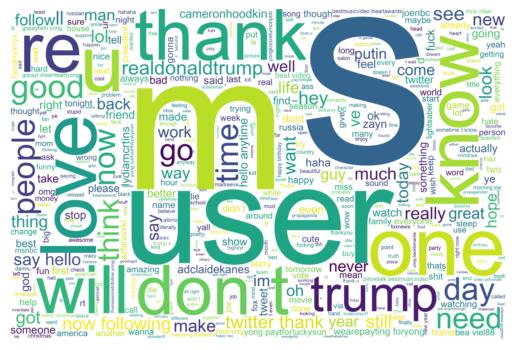
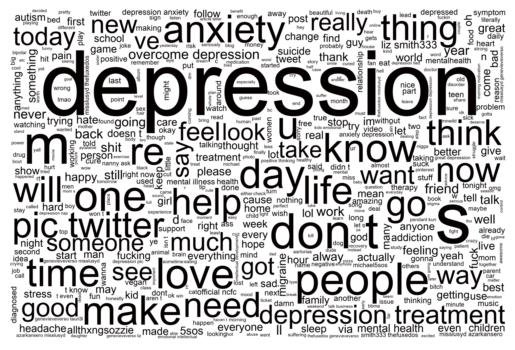
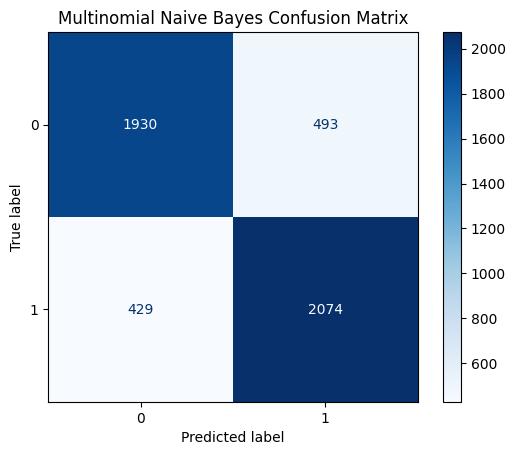
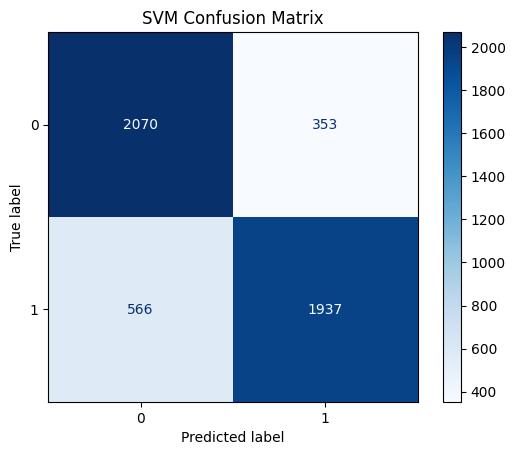
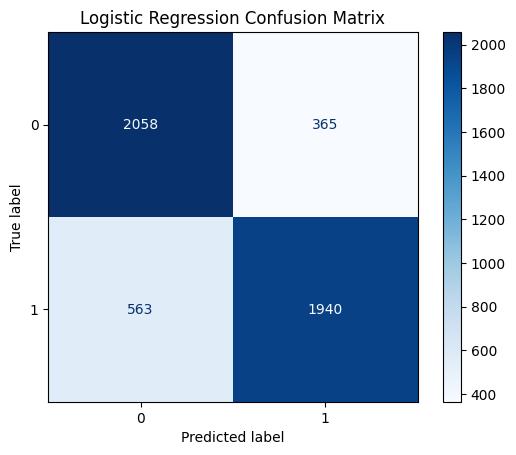
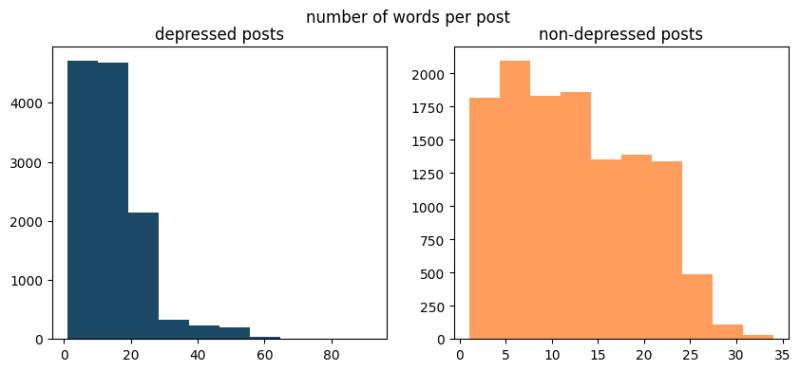
Page template forked from evanca